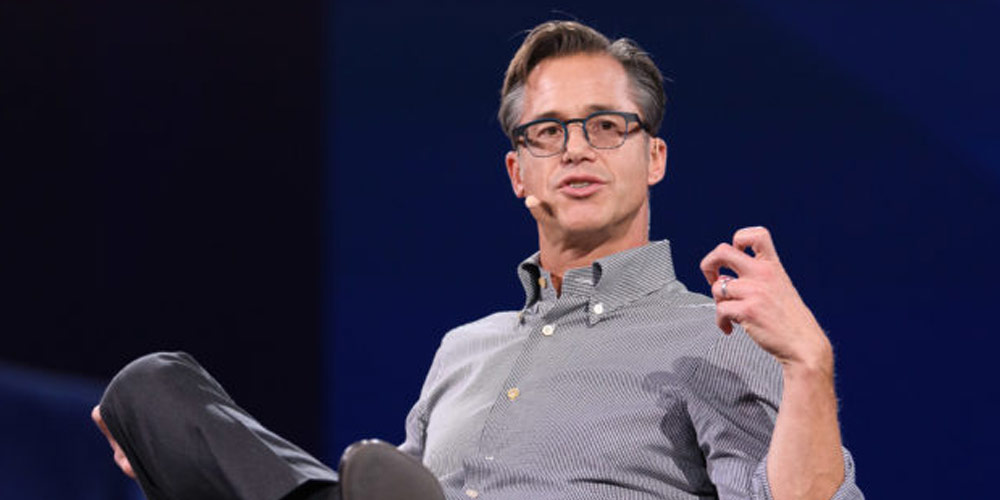For a job to be finished perfectly at the right time with the expected results, there should be a great team behind it.
Rich Barton is the founder of online travel company (and Microsoft spinoff) Expedia, the real-estate internet company Zillow, and job search engine and career community Glassdoor.
Learning from his careers, Barton knows that a great team needs a great leader.
And a great leader should make a decision concerning who should be in the team, and who shouldn't.
He stressed out, explaining that team leaders need to make big decision concerning this. And this kind of interactions is one of the many ways Barton counsels people to become great leaders.
While Barton leaves people to figure out situations and grow on their own, he shared some of his insights on building great teams and companies: notably, "have a purpose, no assholes and no scumbags."

"I am a great believer in helping people fulfill their potential, making space for great leaders to emerge underneath me and coach them into greatness, I draw huge jollies from doing that. If you can get yourself to the point where you are just as happy with the success of somebody who is working for you as you would be if you’d have that success yourself and you can bask in the glow by standing next to that greatness, then you can get leverage. You can train up awesome people to work for you and with you as a team. Personally I derive a lot of jollies, a lot of happiness, from being a part of a team that wins against a really big audacious goal, and I don’t have to necessarily be the person out front all the time."
"People want to work on something big and important, something that’s meaningful. When you work on meaningful stuff and you can communicate to other people why that is, you an get them excited about working with you."
"If you want to grow, you have to figure out how to take the things you are doing today and give them to someone else, so you can do the next most important thing."
When Expedia spun out of Microsoft in the 1990’s, Rich Barton and his team made a decision to keep some parts of the hard-charging Microsoft corporate culture, but abandoned the rest to foster better work and life balance for their employees.
Barton's decision had lasting effects on other businesses he led.